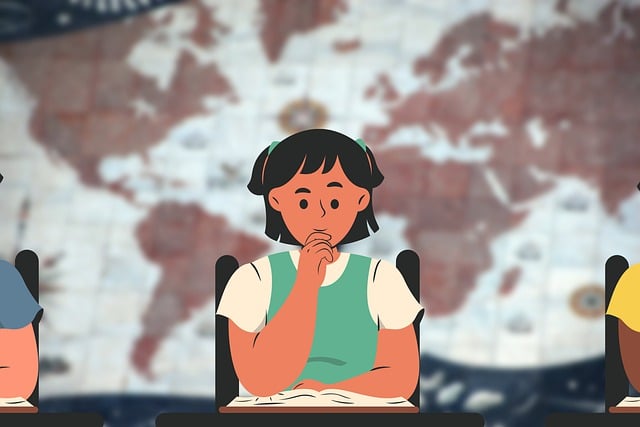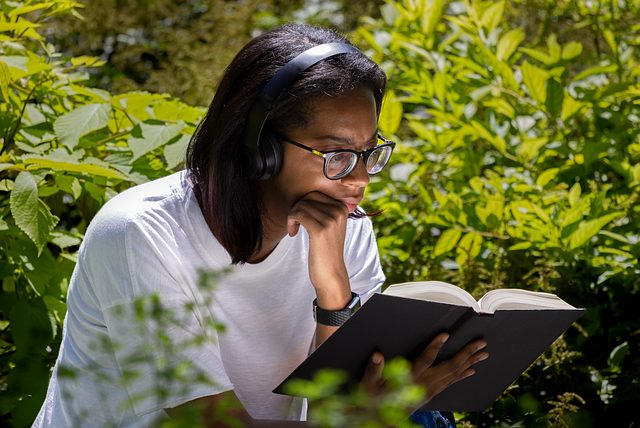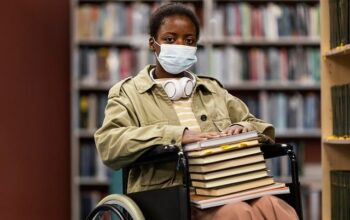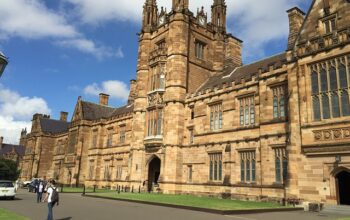Struggling learners face unique challenges like learning disabilities or knowledge gaps, leading to underachievement and anxiety. Local Tutoring and Education Services play a crucial role by offering personalized strategies, one-on-one instruction, and tailored learning environments. These services create Individualized Education Plans (IEPs), provide access to diverse resources, and employ positive reinforcement to boost confidence. Through collaboration between parents, teachers, and community educators, these services empower students to overcome academic struggles and reach their potential.
Struggling learners require tailored academic support to thrive. This article explores comprehensive strategies for enhancing their educational journey, from identifying specific challenges to implementing effective solutions. We delve into the crucial role of local tutoring services, individualized education plans (IEPs), accessible resources, positive reinforcement, and collaborative efforts between parents, teachers, and community educators. Discover how these elements combine to foster success and empower struggling learners through enhanced local tutoring and education services.
- Understanding Struggling Learners: Identifying Challenges and Needs
- The Role of Local Tutoring Services in Educational Support
- Tailored Learning Environments: Individualized Education Plans (IEPs)
- Accessible Resources: Books, Online Platforms, and Educational Apps
- Building Confidence through Positive Reinforcement and Feedback
- Collaboration Between Parents, Teachers, and Community Educators
Understanding Struggling Learners: Identifying Challenges and Needs

Struggling learners present a unique set of challenges, each with distinct needs that require tailored support. Understanding these challenges is the first step in providing effective academic assistance. Many factors can contribute to a student’s struggle, such as learning disabilities, difficulty retaining information, or gaps in foundational knowledge. These issues may manifest as underachievement, low motivation, or even frustration and anxiety.
Local tutoring and education services play a crucial role in identifying these challenges early on. They offer assessments and evaluations to pinpoint specific areas of need, whether it’s in reading comprehension, math skills, or study habits. By understanding the root causes of a learner’s struggles, educators and tutors can create personalized strategies, ensuring that each student receives targeted support to bridge their learning gaps and achieve academic success.
The Role of Local Tutoring Services in Educational Support

Local tutoring services play a pivotal role in providing academic support for struggling learners, complementing traditional educational frameworks. These services offer one-on-one or small group instruction tailored to individual student needs, addressing specific subjects or skills where students may be falling behind. With dedicated tutors who are often experienced educators or subject matter experts, local tutoring ensures personalized attention that can significantly enhance learning outcomes.
Beyond academic reinforcement, local tutoring services foster a supportive environment conducive to building confidence and motivation among struggling learners. Regular sessions allow for consistent progress tracking, enabling tutors to identify areas of improvement and adjust teaching strategies accordingly. Moreover, these services often integrate valuable study skills and time management techniques, equipping students with essential tools for long-term academic success.
Tailored Learning Environments: Individualized Education Plans (IEPs)

Struggling learners often require more than conventional classroom settings to reach their full potential. This is where tailored learning environments and Individualized Education Plans (IEPs) come into play, offering a supportive framework for academic growth. An IEP is a personalized roadmap designed to meet the unique needs of a student who qualifies for special education services under the Individuals with Disabilities Education Act (IDEA).
Local tutoring and education services are integral to creating these tailored environments. By collaborating with parents and educators, tutors can help students achieve their goals by breaking down complex tasks into manageable steps, providing extra time for processing, and offering alternative methods of instruction. This individualized approach ensures that struggling learners receive the necessary support to excel in a way that aligns with their specific learning styles and challenges.
Accessible Resources: Books, Online Platforms, and Educational Apps

Struggling learners can access a wealth of resources to enhance their academic journey, including books, online platforms, and educational apps. Local tutoring and education services play a vital role in making these tools even more accessible. Well-stocked libraries offer a vast array of books catering to various subjects and reading levels, providing an excellent starting point for self-study. Online platforms further expand accessibility by offering interactive lessons, video tutorials, and virtual study groups, allowing learners to engage with educational content at their own pace.
Educational apps are another game-changer, leveraging technology to provide personalized learning experiences. These apps often include adaptive learning algorithms that tailor content to individual needs, making them particularly effective for struggling students. By combining the accessibility of local resources and digital innovations, learners can overcome challenges and achieve academic success.
Building Confidence through Positive Reinforcement and Feedback

Struggling learners often face a cycle of self-doubt and negative feedback, which can hinder their progress. One effective strategy to break this cycle is through positive reinforcement and constructive feedback. Local tutoring and education services play a vital role in implementing these techniques, focusing on building students’ confidence as they learn and grow. By celebrating small victories and acknowledging improvements, educators create an environment that fosters motivation and belief in one’s abilities.
Positive feedback should be specific, highlighting what the student has done well and offering guidance for improvement rather than just criticism. This approach encourages learners to set achievable goals and take pride in their accomplishments. As confidence grows, so does their willingness to engage with challenging tasks, fostering a love for learning that is essential for academic success.
Collaboration Between Parents, Teachers, and Community Educators

When it comes to academic support, collaboration among parents, teachers, and community educators plays a pivotal role in helping struggling learners. This collective effort ensures a comprehensive approach tailored to each student’s unique needs. Parents, with their deep understanding of their child’s strengths and challenges, can provide valuable insights that guide the process. Teachers, armed with specialized knowledge, offer strategic teaching methods and adaptive technologies to enhance learning outcomes.
Community educators, including local tutoring services and education programs, bring additional resources and expertise. They often provide one-on-one support or small group instruction, focusing on specific subjects or study skills. This collaboration fosters a supportive network that reinforces learning both inside and outside the classroom, ultimately empowering struggling learners to achieve their academic potential through tailored interventions and Local Tutoring and Education Services.
Struggling learners can greatly benefit from a multi-faceted approach that leverages local tutoring services, tailored learning environments, accessible resources, positive reinforcement, and collaborative efforts between parents, teachers, and community educators. By implementing these strategies, we can create a supportive network that not only addresses individual challenges but also fosters confidence and academic growth. Local tutoring and education services play a pivotal role in this process, ensuring every learner has the opportunity to succeed and reach their full potential.



